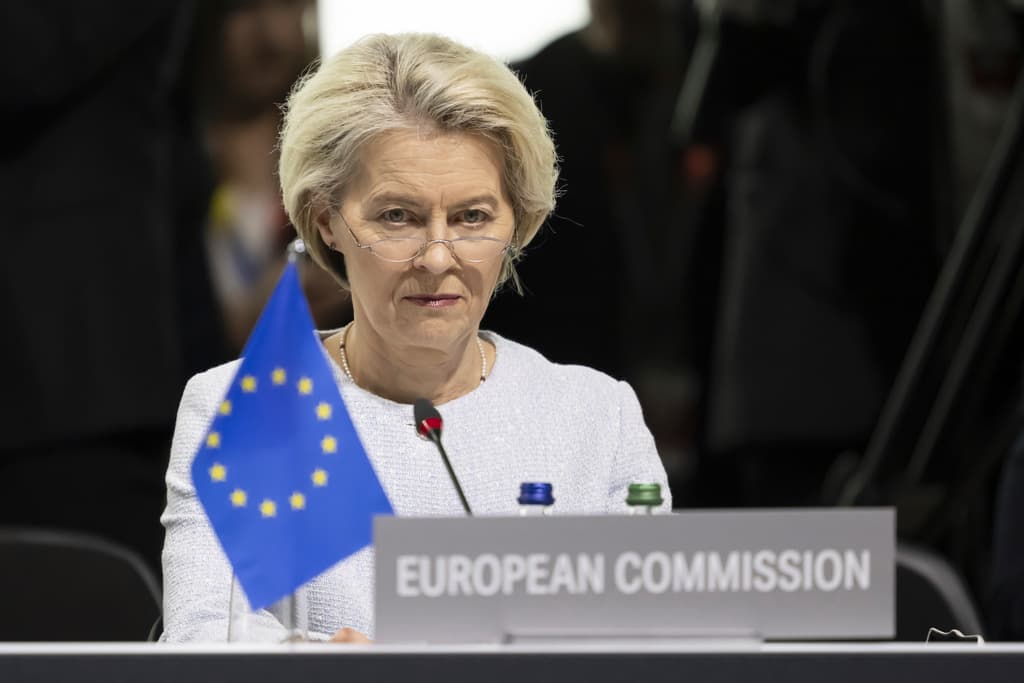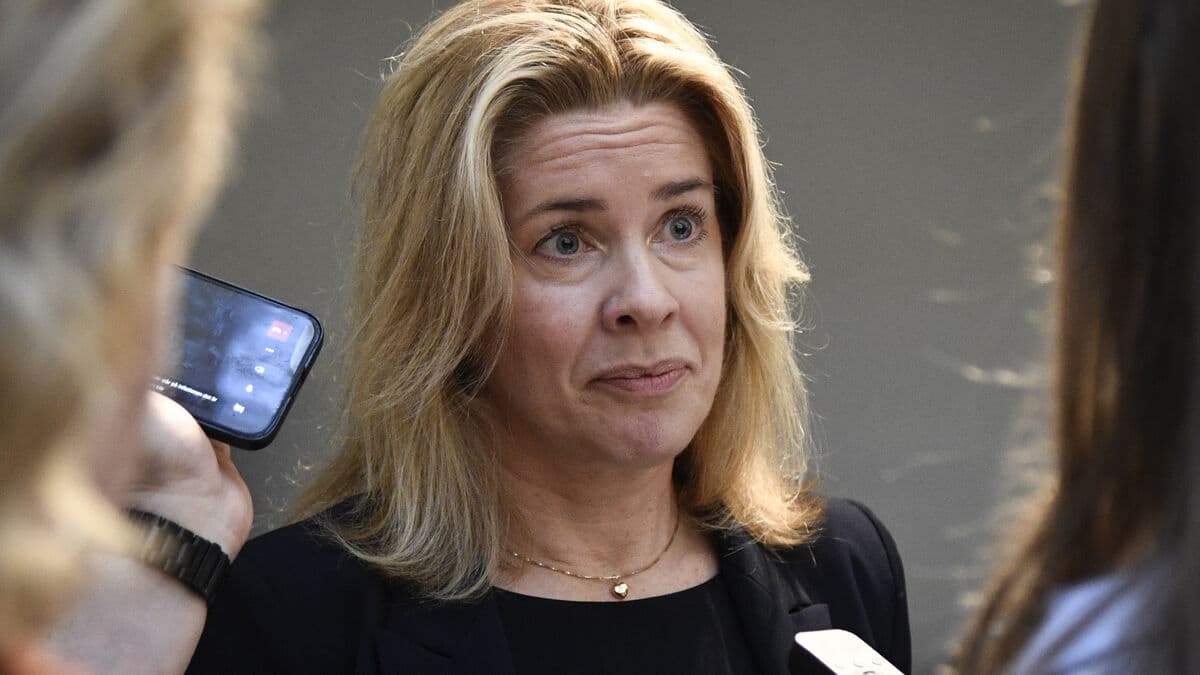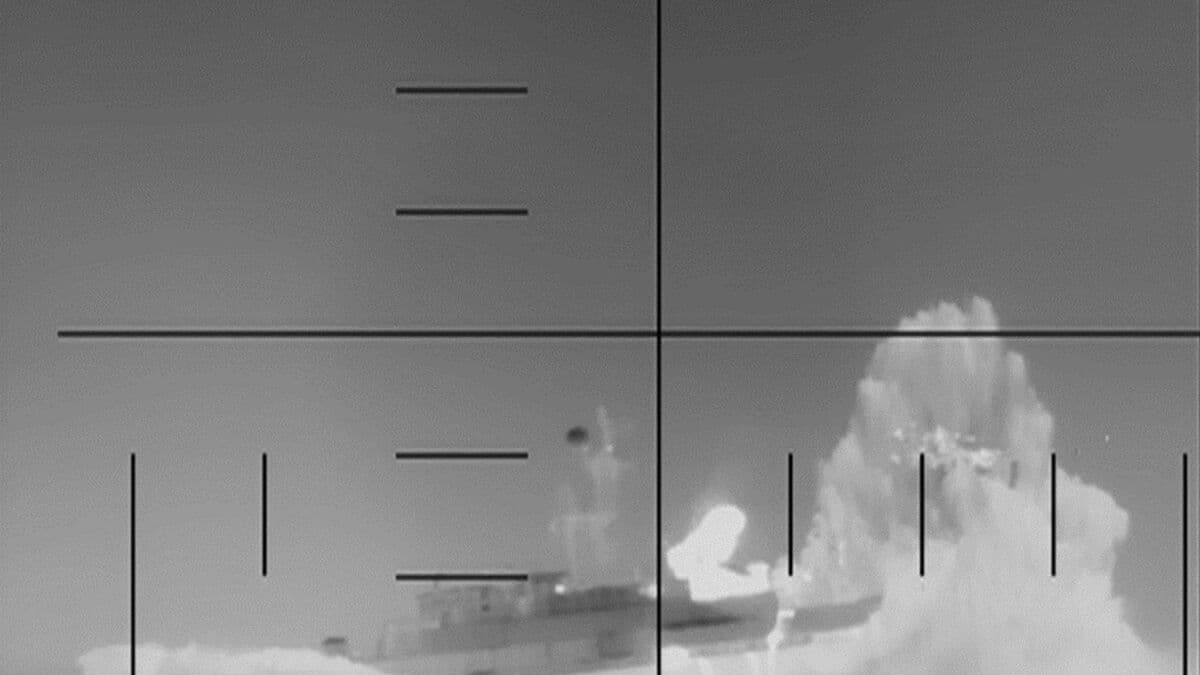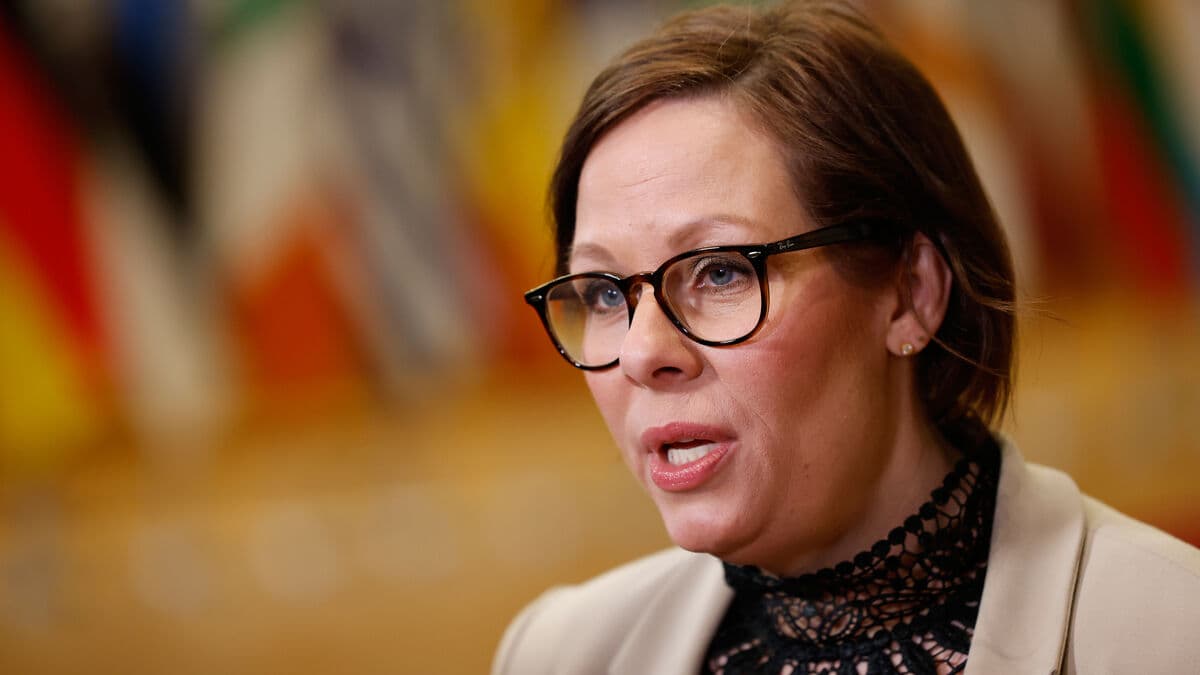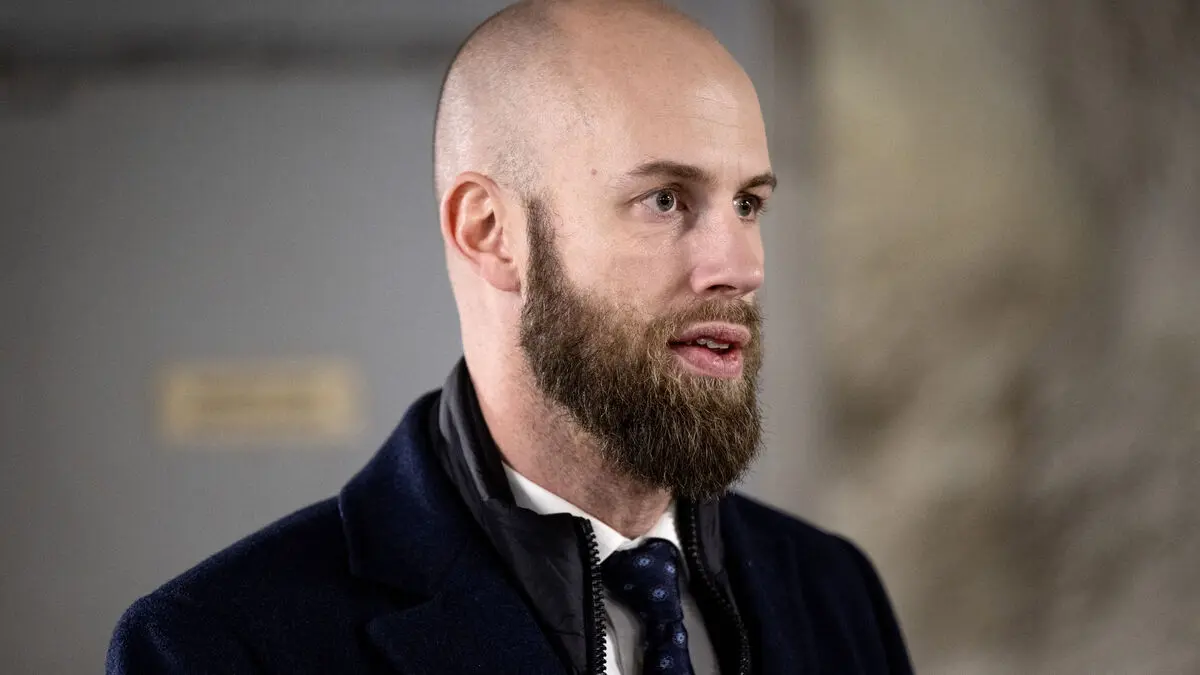The EU countries are not yet in agreement on five more years with Ursula von der Leyen as chair of the EU Commission.
The decision will be delayed until at least next week, as leaders at the EU summit wanted more involvement – or a greater share of the cake.
When the 27 EU countries' heads of state and government finished their informal summit dinner in Brussels just before midnight on Monday, it was without any white smoke in the top job struggle.
Despite optimism about a quick solution on who will sit in the EU's highest positions during the upcoming mandate period, an agreement will have to wait until next week.
It's going in the right direction, but we have no agreement tonight, says Council President Charles Michel at a brief press conference afterwards.
Three Clear Names?
The hope was otherwise that it would already be possible to reach at least one agreement in principle, instead of waiting for the regular summit at the end of next week, on 27-28 June.
More and more reports have recently spoken of broad support for a package deal with German von der Leyen as continued Commission chair, Portugal's former Prime Minister António Costa as Council President, and Estonia's Prime Minister Kaja Kallas as new foreign policy chief.
In that case, it would be one post each for the three large party families in the EU: conservative EPP (von der Leyen), social democratic S&D (Costa), and liberal RE (Kallas).
In a written comment, Prime Minister Ulf Kristersson (M) states that "nothing is clear until everything is clear".
"The European Council has come a long way during this informal meeting, and I perceive relatively broad support for the names mentioned so far. But it was clearly not ready for an agreement. I hope we can agree at the summit at the end of June", writes Kristersson.
EPP Demands More?
At the same time, there are reports that at least parts of EPP are not satisfied with just securing one post for von der Leyen.
According to the news site Politico Europe, Croatia's Prime Minister Andrej Plenkovic is said to have raised the idea at a meeting on Monday of letting Costa sit as Council President for 2.5 years and then replacing him with an EPP leader.
Such a solution would require more negotiations and could prolong the process.
Italy, whose Prime Minister Giorgia Meloni does not belong to any of the three party groups in the middle, is also said to want to feel more involved in an agreement – something interpreted as a desire for at least a significant role for Italy in the next EU Commission.
Charles Michel does not see it as dramatic that they have not yet reached a goal.
The purpose today was not to reach a decision. It is planned for next week. This was planned to have an in-depth exchange of views, so that everyone can listen to everyone, claims the Council President in Brussels.
The EU's heads of state and government have the task, following the EU election, to nominate the next Commission President (for five years). In parallel, they also nominate a new foreign policy chief (also for five years) and a new Council President for their own summits (for 2.5 years, with the possibility of an extension).
Regardless of what the heads of state and government say – and when they do – the appointment of the Commission President must also be approved by an absolute majority, at least 361 votes, in the EU Parliament. This can happen at the earliest in mid-July.
The foreign policy chief also needs to be approved by the EU Parliament, after hearings in the autumn, while the Council President is appointed internally by the heads of state and government.

